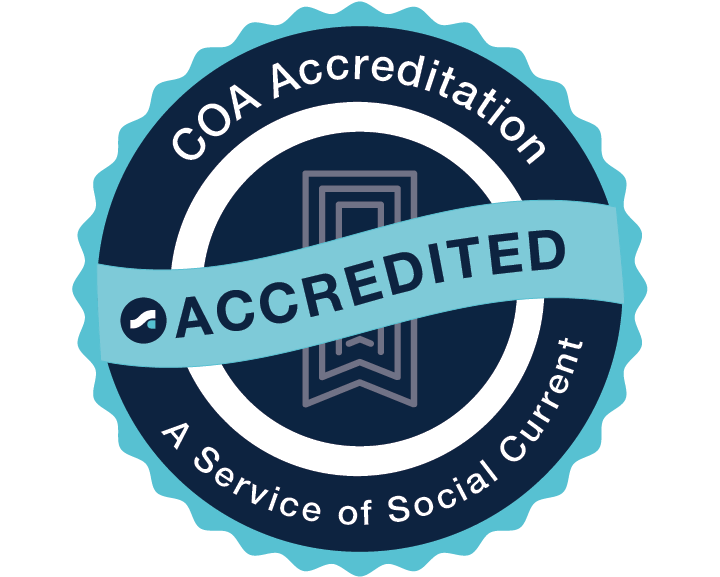A Partner on the Path to Permanency
How do you handle change? What if it’s a change that affects the rest of your life? It’s hard enough navigating life-altering moments as stable adult. But, imagine you’re a teen in foster care. In 2023, John was 17 years old, facing a decision that would change his entire life.
When Beth, an adoption recruiter, met John in August of 2023, he was a likeable kid who wanted to leave the uncertainties of foster care behind and be adopted. But while he craved the security of a permanent family, he struggled to believe he was adoptable. Beth knew right away she would work diligently to find him an adoptive home and help him transition into a new life.
Her first hurdle was gaining his trust. He had a strong bond with his county caseworker and didn’t understand how an adoption recruiter could help him. Beth talked to the other members of his care team, learning about his background, family of origin, interests, and dreams. She discovered he wanted to become a barber and was already practicing those skills whenever he could. That was her opening for connection!
“I was able to secure a professional grade set of clippers through the One Simple Wish program to gift him for Christmas,” she explains. “This was our turning point. It was a small gesture on my part, but it went a long way to build rapport and trust. Not only was I showing up every month and telling him I cared about him, his interests, and his future, he was able to see that put into tangible action.”
Their bond grew as they spent more time together sharing meals, driving around, and shopping. “Although we had fun doing this, it was also an invaluable time to learn more about him and his journey through the foster care system, as well as assess how I could best be of service to him and meet his needs,” says Beth. Their discussions clarified to both of them that returning to his family of origin wasn’t a healthy option. Beth was there to help him work through the feelings of loss connected with his decision.
Beth then helped John identify the people he wanted and needed to be part of his ongoing support system as well as a potential adoptive family. He had a healthy attachment to his foster mom who also considered him family. He and everyone in his support team agreed that staying with her would be the best choice. After providing considerable support and building relationships with both John and his foster mom, Beth was able to present the match and get it accepted.
With an adoption plan set, Beth helped prepare him, setting realistic expectations and navigating his doubts and fears about the future. Losing the team of workers he had come to love and rely on was especially difficult for him. During the 10 long months between his match date and his adoption finalization, Beth’s unwavering support helped him move through those hard feelings and into the joy of knowing he was loved and wanted.
Since his adoption, he reports everything is going well. He knows he made the right decision and is grateful to have had someone in his corner to help him through it all. The road to permanency can be bumpy, but John, and so many others like him, deserve to face the future with a forever family beside and behind them.

